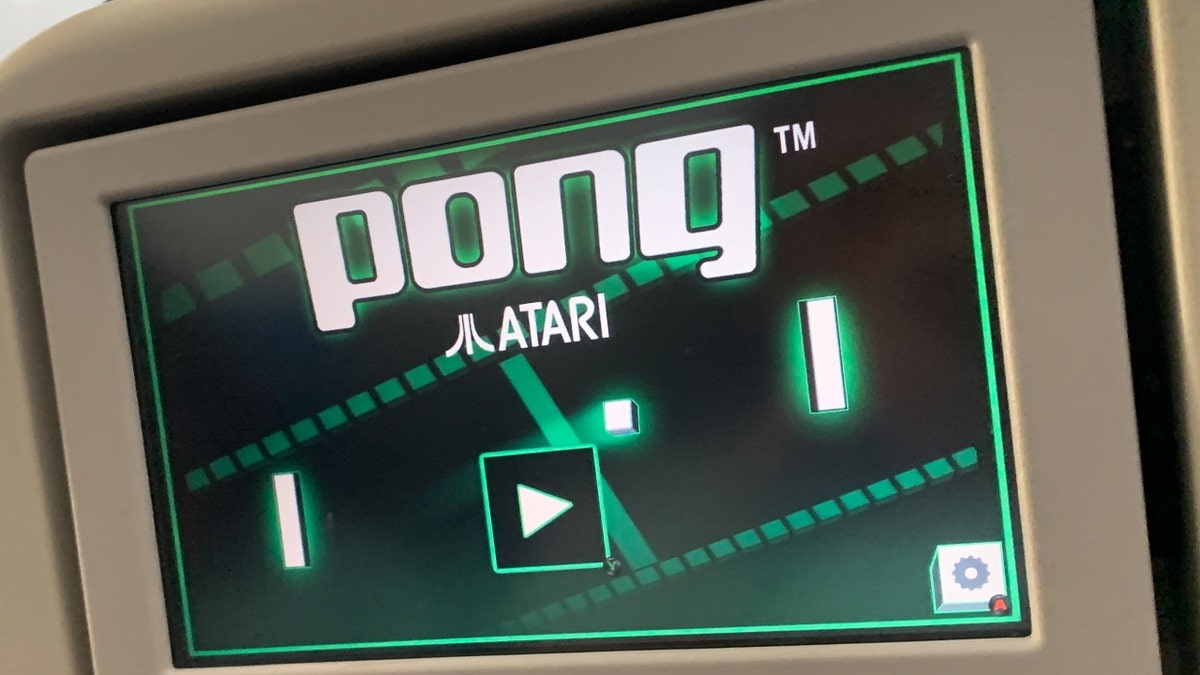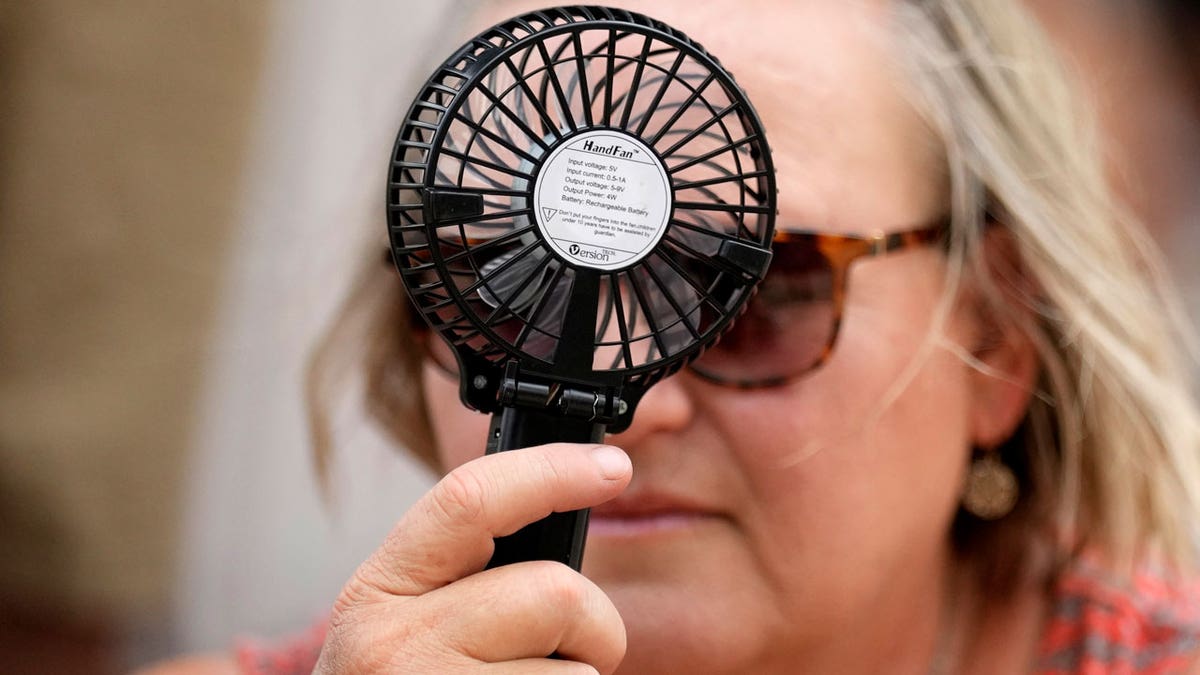Researchers in Australia are pushing the boundaries of artificial intelligence by integrating it with human brain cells. A team at Monash University in Melbourne has secured over $403,000 in federal funding to further develop this groundbreaking technology. The project, a collaboration with Cortical Labs, builds upon previous research where approximately 800,000 brain cells grown in a dish were trained to perform goal-oriented tasks, including playing the classic video game Pong. This achievement garnered international attention and was published in the journal "Neuron."

The project's leader, Associate Professor Adeel Razi, believes this innovative approach could revolutionize various fields. He anticipates significant advancements in planning, robotics, automation, brain-machine interfaces, and drug discovery. Razi highlights the limitations of current AI, which struggles with adapting to change and applying learned knowledge to new situations without forgetting previous information. This "catastrophic forgetting" is a major hurdle in AI development.

In contrast, the human brain excels at continuous learning throughout life. By studying how brain cells learn and adapt within the "DishBrain" system, researchers aim to create AI that mimics this capability. The goal is to develop AI systems that can learn continuously, overcoming the limitations of current silicon-based technology.
![]()
This research is funded by the National Intelligence and Security Discovery Research Grants Program, recognizing the potential for this technology to transform machine learning. Razi envisions a future where this biological-neural-network-inspired AI could replace traditional computer processing (in silico computing), paving the way for more adaptable and intelligent machines.








